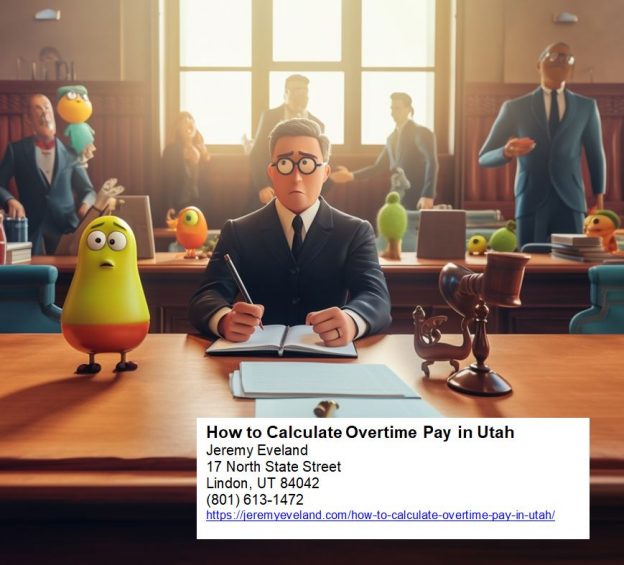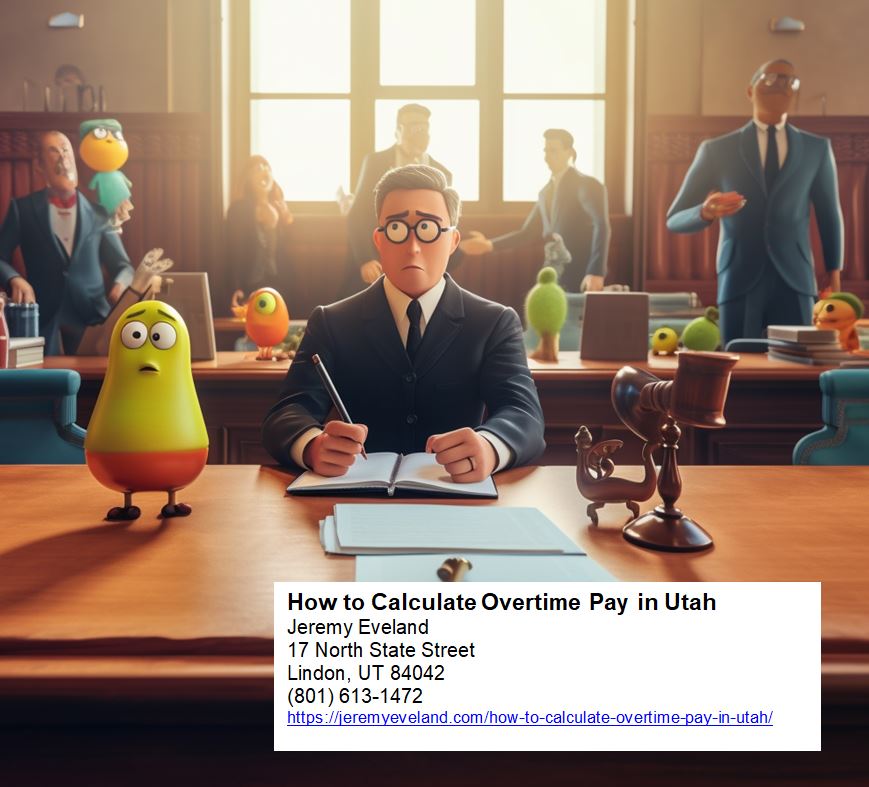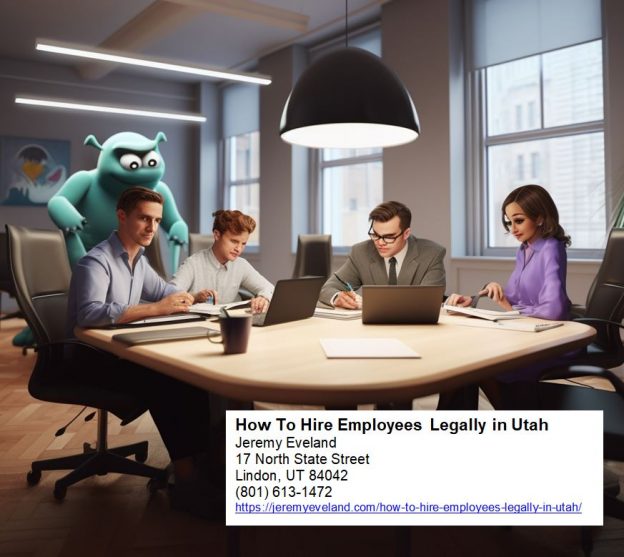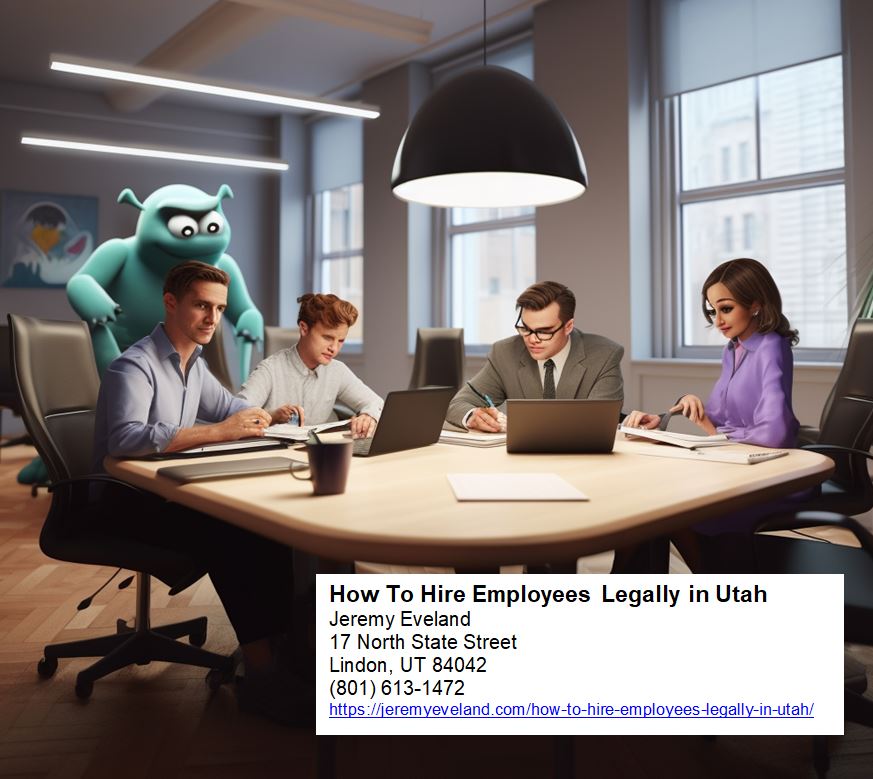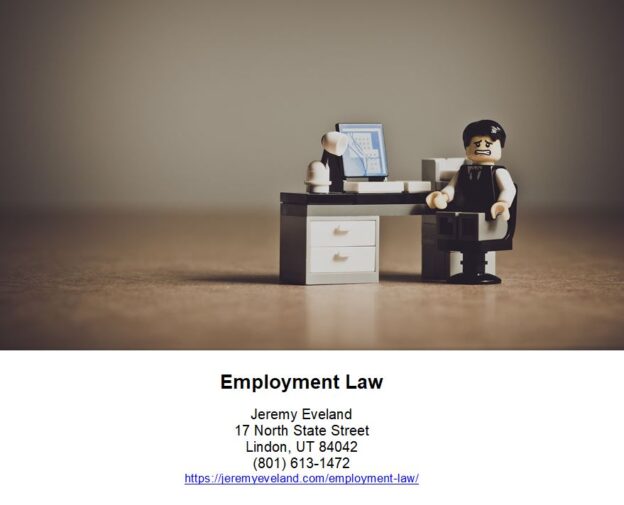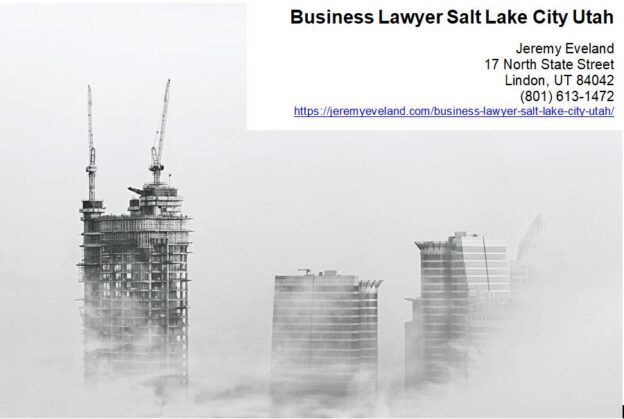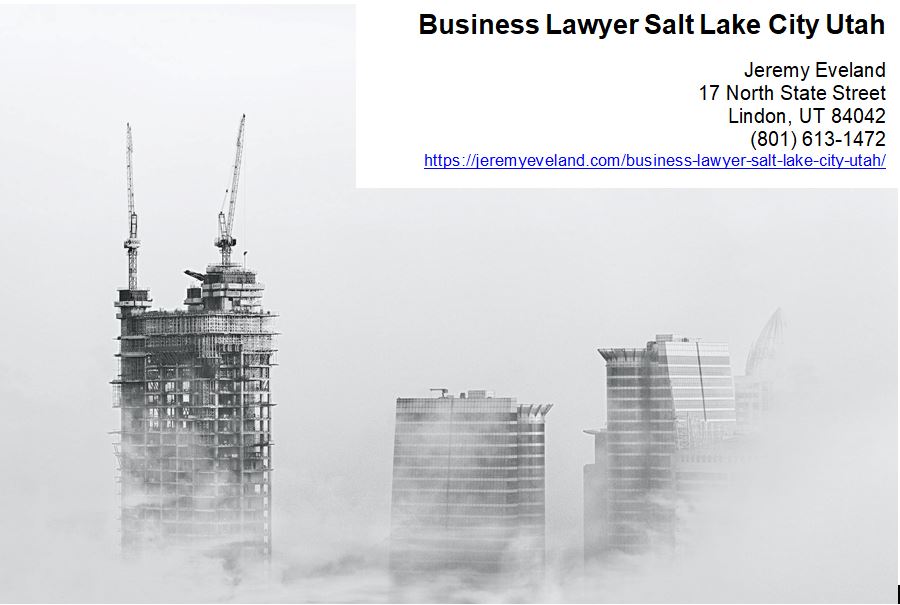Are you familiar with the intricacies of construction labor laws? If not, don’t worry, because I’ve got you covered. In this article, we will delve into the world of construction labor laws, addressing common legal concerns and providing reassurance and guidance along the way. Whether you’re a construction worker seeking clarity or an employer looking to ensure compliance, this article aims to provide you with the necessary information and create an emotional connection. So, let’s explore construction labor laws together and optimize our knowledge on this important subject.

Wage and Hour Laws
Minimum Wage
Minimum wage is the lowest amount of compensation that employers are legally required to pay to their employees. It is set by federal and state laws to ensure that workers receive a fair and reasonable wage for their labor. The purpose of minimum wage laws is to protect workers from exploitation and to provide them with a minimum standard of living.
The minimum wage varies from state to state and is typically adjusted annually to account for inflation and changes in the cost of living. It is important for employers to be aware of the minimum wage laws in their jurisdiction and to ensure that they are paying their employees at least the minimum wage.
Overtime Pay
Overtime pay is an additional compensation that employers are legally required to provide to their employees who work more than a certain number of hours in a week. In the United States, the standard overtime threshold is 40 hours per week.
Overtime pay is usually calculated at a rate of 1.5 times the regular hourly wage. This means that if an employee is normally paid $10 per hour, they would be entitled to $15 per hour for any hours worked over 40 in a week.
It is important for employers to accurately track and calculate overtime hours and to ensure that their employees are properly compensated for their extra work. Failure to provide overtime pay can result in legal consequences, such as fines and lawsuits.
Prevailing Wage
Prevailing wage laws apply to specific industries, such as construction, and require employers to pay their employees a wage that is equal to or higher than the prevailing wage rate for their occupation and location.
The purpose of prevailing wage laws is to ensure fair competition among employers bidding on government-funded projects and to prevent the exploitation of workers by ensuring that they receive wages that are commensurate with the local labor market.
It is important for employers in industries covered by prevailing wage laws to be aware of the prevailing wage rates in their area and to ensure that they are paying their employees accordingly. Failure to comply with prevailing wage laws can result in serious consequences, such as the loss of government contracts and legal penalties.
Occupational Safety and Health Laws
OSHA Regulations
The Occupational Safety and Health Administration (OSHA) is a federal agency that is responsible for ensuring safe and healthy working conditions for employees. OSHA sets regulations and standards that employers must follow to protect their workers from hazards in the workplace.
OSHA regulations cover a wide range of topics, including hazard communication, fall protection, machine guarding, and respiratory protection. Employers are required to provide a safe and healthy work environment, train their employees on safety procedures, and have procedures in place to handle workplace accidents and emergencies.
It is essential for employers to familiarize themselves with OSHA regulations that apply to their industry and to implement the necessary safety measures to protect their employees. Failure to comply with OSHA regulations can result in fines, penalties, and even criminal charges in severe cases of non-compliance.
Workplace Safety
Workplace safety is a crucial aspect of any organization, regardless of the industry. Employers have a legal and ethical responsibility to provide a safe and healthy work environment for their employees.
Ensuring workplace safety involves identifying and assessing potential hazards, implementing safety measures, providing appropriate training, and promoting a culture of safety among employees. This can include measures such as regular safety inspections, equipment maintenance, and the use of safety protocols and procedures.
By prioritizing workplace safety, employers can prevent accidents and injuries, reduce workers’ compensation claims, and improve overall productivity and employee morale.
Personal Protective Equipment
Personal protective equipment (PPE) is specialized gear that is designed to protect employees from hazards in the workplace. This can include items such as hard hats, safety goggles, gloves, and respiratory masks.
Employers have a responsibility to assess the workplace for potential hazards and provide appropriate PPE to their employees. They must also ensure that employees are trained on how to correctly use and maintain the PPE.
Using PPE can significantly reduce the risk of workplace injuries and illnesses. Employers should regularly evaluate their PPE program and make necessary adjustments to ensure that employees have access to the right equipment to protect themselves.
Employment Discrimination Laws
Equal Employment Opportunity
Equal employment opportunity (EEO) refers to the concept that all individuals should have equal access to employment opportunities, regardless of their race, color, religion, sex, national origin, age, disability, or genetic information.
EEO laws prohibit employers from discriminating against employees or job applicants based on protected characteristics. Employers must ensure that their hiring practices, promotions, terminations, and other employment decisions are made based on merit and qualifications, rather than personal characteristics.
It is important for employers to have policies and procedures in place to prevent and address discrimination in the workplace. This can include training programs, a clear reporting process for complaints, and regular monitoring and evaluation of employment practices.
Discrimination Protections
In addition to the federal Equal Employment Opportunity laws, there are various state and local laws that provide additional protections against discrimination. These laws may offer broader protections or cover additional protected characteristics.
Common examples of discrimination protections include laws that prohibit discrimination based on sexual orientation, gender identity, marital status, pregnancy, and military or veteran status. It is crucial for employers to familiarize themselves with the specific discrimination protections that apply in their jurisdiction and to ensure that their policies and practices comply with these laws.
Harassment in the Workplace
Workplace harassment refers to unwelcome conduct based on protected characteristics, such as race, sex, or religion, that creates a hostile or intimidating work environment.
Employers are required to take immediate and appropriate action to prevent and address workplace harassment. This includes implementing anti-harassment policies, providing training to employees and supervisors on prevention and response, and promptly investigating and addressing any complaints of harassment.
Creating a workplace culture that promotes respect, tolerance, and inclusivity is essential in preventing harassment. Employers should encourage open communication, provide multiple avenues for reporting harassment, and take proactive steps to address any potential issues before they escalate.
Workers’ Compensation Laws
Injured Workers’ Rights
Workers’ compensation laws exist to provide benefits to employees who are injured or become ill as a result of their job. These laws vary by state but generally ensure that workers receive medical treatment for their work-related injuries or illnesses and provide them with compensation for lost wages during their recovery.
Injured workers have the right to seek medical treatment and to receive compensation for any time they are unable to work due to their injury or illness. Employers are required to have workers’ compensation insurance to cover these costs.
Workers’ compensation laws also protect employees from retaliation by employers for filing a workers’ compensation claim or seeking benefits. It is important for injured workers to understand their rights and to seek legal advice if they believe their employer is not complying with workers’ compensation laws.
Benefits and Compensation
Workers’ compensation benefits can include payment for medical treatment, rehabilitation services, and disability benefits to compensate for lost wages. The amount and duration of these benefits vary depending on the severity of the injury or illness and the laws in the specific jurisdiction.
Employers are responsible for providing the necessary benefits and compensation to injured workers in a timely manner. It is critical for employers to have a clear understanding of the workers’ compensation laws in their jurisdiction and to ensure that they are fulfilling their obligations.
In some cases, injured workers may require legal assistance to ensure that they receive the full extent of benefits and compensation that they are entitled to under the law.
Reporting Workplace Injuries
Employers have a legal obligation to maintain a safe work environment and to promptly report any workplace injuries or illnesses to the appropriate authorities. This helps to ensure that injured workers receive the necessary medical treatment and compensation and allows for proper investigations to be conducted.
Employees should be aware of their rights and responsibilities when it comes to reporting workplace injuries. They should promptly notify their employer of any injuries or illnesses and provide all necessary information to support their workers’ compensation claim.
The process of reporting workplace injuries can vary depending on state laws and employer policies. However, it is generally recommended that employees report injuries as soon as possible to ensure that their rights are protected and that they receive the necessary benefits and compensation.

Labor Union Laws
Right to Organize
The right to organize is a fundamental labor right that allows employees to form, join, or assist labor unions to negotiate collectively with their employers. This right is protected under federal and state laws.
Employees have the right to engage in activities such as discussing wages and working conditions, circulating union literature, and seeking support for unionization. Employers are prohibited from interfering with or restraining these rights.
To exercise the right to organize, employees usually need to demonstrate majority support through a process called a union election. If a union is successfully formed, it becomes the exclusive representative for the employees in bargaining with the employer.
Collective Bargaining
Collective bargaining is the process by which employees, represented by a labor union, negotiate with their employer for wages, working conditions, and other employment terms. The goal is to reach a collective bargaining agreement (CBA) that outlines the rights and responsibilities of both parties.
During collective bargaining, employees may negotiate for issues such as wages, benefits, hours of work, health and safety provisions, and job security. Employers are required to bargain in good faith with the union, meaning they must engage in sincere and meaningful negotiations.
The collective bargaining process can vary depending on the specific industry, union, and employer. It is important for both parties to have a clear understanding of their rights and responsibilities and to approach negotiations with open communication and a willingness to compromise.
Union Representation
Once a labor union is formed and recognized as the exclusive representative for a group of employees, it has the responsibility to represent their interests and advocate on their behalf. Union representation can include negotiating with the employer, addressing workplace issues, and providing support and resources for union members.
Employees who are members of a union have the right to be represented by that union in all employment-related matters. This includes the right to have a union representative present during disciplinary meetings or investigations.
Union representation can be valuable in resolving disputes, addressing workplace concerns, and advocating for better working conditions and benefits. Employers must respect and cooperate with union representatives and ensure that employees are aware of their rights to union representation.
Immigration Laws
Work Visa Requirements
Work visa requirements vary depending on the country and can be complex and time-consuming. Employers must ensure that they comply with the immigration laws of their jurisdiction when hiring foreign workers.
Work visas typically require employers to sponsor the foreign worker and demonstrate that there are no qualified local workers available for the position. Employers may need to provide documentation, such as job offers, contracts, and proof of financial ability to support the worker.
It is important for employers to consult with immigration experts or attorneys to navigate the work visa process successfully and avoid any legal consequences associated with non-compliance.
Employment Verification
Employment verification is the process of confirming the eligibility of employees to work in the country. This usually involves completing Form I-9, which requires employees to provide proof of identity and work authorization.
Employers are required by law to verify the employment eligibility of all employees, regardless of their immigration status. This helps to prevent the employment of unauthorized workers and ensures compliance with immigration laws.
Employers must keep accurate and up-to-date employment verification records and be prepared for inspections by immigration authorities. Failure to comply with employment verification requirements can result in fines, penalties, and legal consequences.
Undocumented Workers
Employers must not knowingly employ undocumented workers or engage in practices that exploit or discriminate against individuals based on their immigration status. Doing so can result in severe legal consequences, including fines, penalties, and potential criminal charges.
Employers who suspect that an employee may be undocumented are advised to consult with immigration experts or attorneys before taking any action. It is important to handle such situations carefully and in compliance with applicable laws and regulations.
Employers should focus on hiring and retaining qualified workers who have legal authorization to work in the country. By ensuring compliance with immigration laws, employers can maintain a legal and ethical workplace environment.
Employment Contract Laws
Terms and Conditions
Employment contracts are legal agreements between employers and employees that outline the terms and conditions of employment. These contracts can be written or verbal, but it is generally recommended to have written contracts to avoid misunderstandings or disputes.
Employment contracts typically include information such as job title, compensation, working hours, benefits, termination conditions, and other relevant terms. The terms and conditions can vary depending on factors such as the industry, position, and specific employment relationship.
It is important for both employers and employees to review and understand the terms and conditions of employment contracts before signing. Employers should use clear and unambiguous language and ensure that the contracts comply with applicable laws and regulations.
Enforceability of Contracts
Employment contracts are generally enforceable as long as they meet certain legal requirements and do not violate any laws or public policy. However, the enforceability of specific contract terms can vary depending on factors such as jurisdiction and the nature of the terms.
Courts may invalidate or modify employment contract terms that are found to be unconscionable, unfair, or against public policy. It is important for employers to ensure that their contracts are fair, reasonable, and comply with applicable laws to minimize the risk of disputes or legal challenges.
Employment contracts should be drafted with the assistance of legal professionals to ensure that they are legally enforceable and accurately reflect the intentions of both parties.
Breach of Contract
A breach of contract occurs when one party fails to fulfill their obligations under an employment contract without a valid reason. This can include actions such as non-payment of wages, failure to provide agreed-upon benefits, or unauthorized termination.
When a breach of contract occurs, the party who suffered the breach may be entitled to various forms of relief, such as monetary damages or specific performance. The appropriate remedy will depend on the nature and extent of the breach.
It is important for employers to fulfill their obligations under employment contracts and to address any potential issues or disputes promptly. Failure to do so can result in legal consequences, such as lawsuits and damage to the employer’s reputation.
Child Labor Laws
Age Restrictions
Child labor laws are designed to protect the rights and well-being of children by limiting their work hours and the types of employment they can engage in. These laws vary by jurisdiction but generally set restrictions based on the age of the child and the nature of the work.
Employers must comply with age restrictions when hiring and employing minors. This includes obtaining appropriate work permits or parental consent, monitoring work hours, and ensuring that the work does not interfere with the child’s education or health.
It is important for employers to familiarize themselves with child labor laws in their jurisdiction and to implement appropriate policies and procedures to ensure compliance. Violating child labor laws can result in significant legal and financial consequences.
Working Hours
Child labor laws typically limit the number of hours that minors can work to protect their well-being, education, and development. The specific restrictions on working hours can vary depending on factors such as age, school attendance, and the nature of the work.
Employers must ensure that minors are not working excessive hours and that they have adequate time for rest, education, and personal development. This can include limitations on daily work hours, restrictions on night work, and requirements for breaks and rest periods.
It is essential for employers to have clear policies and procedures in place to monitor and enforce compliance with working hour restrictions for minors. Failure to comply with these laws can have serious consequences and can result in legal penalties and damage to the employer’s reputation.
Hazardous Occupations
Child labor laws prohibit minors from working in hazardous occupations that pose a significant risk to their health, safety, or well-being. These occupations can include activities such as operating heavy machinery, working with hazardous chemicals, or engaging in activities that require a high level of physical strength or stamina.
Employers have a legal and ethical responsibility to protect minors from hazardous work conditions and to ensure that they are not exposed to unnecessary risks. Prior to employing minors, employers should assess their work environments and job duties to determine if they comply with child labor laws.
It is important for employers to familiarize themselves with the specific hazardous occupations that are prohibited for minors in their jurisdiction. Employers who violate these laws can face severe legal consequences, including fines, penalties, and potential criminal charges.

Employee Benefits Laws
Healthcare Coverage
Employee benefits laws regulate the provision of healthcare coverage to employees. These laws require employers to provide certain minimum health insurance benefits and protect employees’ rights to access affordable and comprehensive healthcare coverage.
The specific requirements for healthcare coverage can vary depending on the size of the employer, the industry, and the jurisdiction. Employers may be required to offer certain types of coverage, such as medical, dental, and vision insurance, and to contribute a minimum percentage of the premiums.
It is important for employers to stay updated on changes to employee benefits laws and to ensure that they are providing the required healthcare coverage to their employees. Failure to comply with these laws can result in legal consequences, such as fines and penalties.
Retirement Plans
Retirement plans, such as 401(k) plans, provide employees with a means to save for their future and ensure financial security during retirement. Employee benefits laws regulate the establishment, maintenance, and administration of retirement plans.
Employers may be required to offer retirement plans to their employees, depending on factors such as the size of the company and the industry. They must also ensure that the retirement plans comply with applicable laws, such as the Employee Retirement Income Security Act (ERISA) and the Internal Revenue Code.
By offering retirement plans, employers can attract and retain talented employees and support their financial well-being. Employers should work with financial professionals or retirement plan administrators to ensure compliance with employee benefits laws and to provide the best possible retirement options for their employees.
Family and Medical Leave
Family and medical leave laws provide employees with the right to take time off from work for qualifying reasons, such as the birth or adoption of a child, a serious health condition, or caring for a family member with a serious health condition. These laws are designed to balance the needs of employees and employers.
The specific requirements for family and medical leave can vary depending on the jurisdiction and the size of the employer. Employers may be required to provide a certain amount of unpaid leave to eligible employees and to maintain the employee’s benefits during their leave.
It is crucial for employers to understand the family and medical leave laws that apply to their business and to have policies and procedures in place to ensure compliance. Failure to provide the required leave or to protect employees’ rights can result in legal consequences, such as litigation and fines.
Independent Contractor Laws
Classification Criteria
Independent contractor laws define the criteria for determining whether a worker is classified as an employee or an independent contractor. This distinction is important because it affects various aspects of the employment relationship, such as tax obligations, benefits, and legal protections.
The classification of workers as independent contractors or employees is determined by factors such as the level of control the employer has over the worker, the ownership of equipment and tools, the method of payment, and the nature of the work relationship.
Misclassifying workers as independent contractors when they should be classified as employees can result in legal consequences, such as fines, penalties, and liability for unpaid taxes and benefits.
Employers should carefully evaluate the nature of their working relationships with individuals to ensure proper classification according to independent contractor laws. Consulting with legal professionals can help employers navigate the complexities of these laws and mitigate potential risks.
Tax Obligations
Independent contractors are responsible for paying their own taxes, including income tax and self-employment tax. Employers are not required to withhold income taxes or pay employer taxes for independent contractors.
Employers must provide independent contractors with Form 1099, which reports the income they earned during the tax year. It is important for employers to accurately classify workers as employees or independent contractors to ensure compliance with tax obligations.
Employers should consult with tax experts or legal professionals to understand their tax obligations and to ensure that they are accurately reporting payments to independent contractors. Failure to comply with tax obligations can result in severe legal and financial consequences.
Contractor Rights
While independent contractors do not have the same legal protections and benefits as employees, they still have certain rights that employers must respect. These rights include the freedom to negotiate contracts, set their own work hours, and determine how work is performed.
Employers must ensure that their contracts and agreements with independent contractors adhere to applicable laws and regulations. Employers should not infringe upon the rights of independent contractors or engage in practices that may suggest an employment relationship.
It is important for both employers and independent contractors to have clear agreements in place that outline expectations, responsibilities, and obligations. Clear communication and mutual understanding can help to prevent disputes and misunderstandings.
In conclusion, construction labor laws cover a variety of important topics that employers in the construction industry must be aware of and comply with. From wage and hour laws to occupational safety and health regulations, these laws aim to protect workers’ rights, ensure fair compensation, and create safe working environments. By familiarizing themselves with these laws and implementing appropriate policies and procedures, employers can not only avoid legal consequences but also create a positive work environment that prioritizes the well-being and rights of their employees. If you have any further questions or need assistance in navigating construction labor laws, we recommend reaching out to an attorney who specializes in this area of law. They can provide you with personalized guidance and ensure that you are fully compliant with all applicable laws and regulations.


